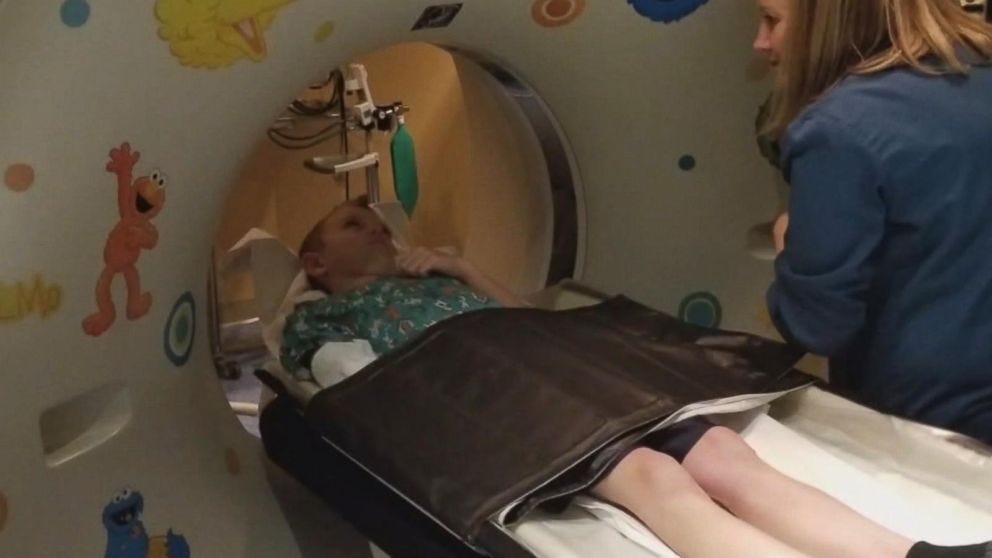UPDATE: How concerned should parents be about AFM?

UPDATED:
Nebraska has its first confirmed case of a rare, polio–like illness.
The Sarpy/Cass Health Department said a child had acute flaccid myelitis or AFM. That child was treated and released.
“This is a paralytic disease mostly affecting kids,” said state epidemiologist Dr. Thomas Safranek. “We are concerned about it in that it does cause this paralytic condition.”
Dr. Safranek said the median age AFM affects is around 4 years old. He said they have seen it in some older people, but far less commonly.
“We’re concerned about it, obviously,” he said. “Anything that causes a disease like this in kids, but we’re also trying to put it in perspective and emphasize how uncommon it is.”
Dr. Safranek said the illness is so rare, that it’s not something the average parent should be worried about.
He said they’re not seeing it spread from person to person, like in families, schools or day cares. Just isolated cases.
“I’m not confident in pinpointing specifically what the likelihood is, but it’s a rare condition,” he said. “And I think there’s a lot of other conditions that are far more likely that we really need to focus on.”
Dr. Safranek said they’re collecting samples from cases to try and see if there’s a common pathogen that causes AFM and if there’s anything to prevent it.
Right now, he said because it’s so rare, they don’t have any preventative recommendations other than getting all of your routine vaccines.
_____________________________________________________________________________
They’ve confirmed one case of acute flaccid myelitis in Nebraska.
Is that cause for concern?
State epidemiologist Dr. Thomas Safranek said the illness causes scary symptoms, but that it’s not time to hit the panic button just yet.
“This is a paralytic disease mostly affecting kids,” Dr. Safranek said. “We are concerned about it in that it does cause this paralytic condition.”
He said there’s only one confirmed case of AFM in Nebraska and that they’re not seeing it spread from person to person, like in families, schools or day cares.
He said it’s so rare, that it’s not something the average parent should be worried about.
“I’m not confident in pinpointing specifically what the likelihood is, but it’s a rare condition,” Dr. Safranek said. “And I think there’s a lot of other conditions that are far more likely that we really need to focus on.”
He said they’re collecting samples from cases to try and see if there’s a common pathogen that causes it and if there’s anything to prevent it.
Right now, he said because it’s so rare, they don’t have any preventative recommendations other than getting all of your routine vaccines.



